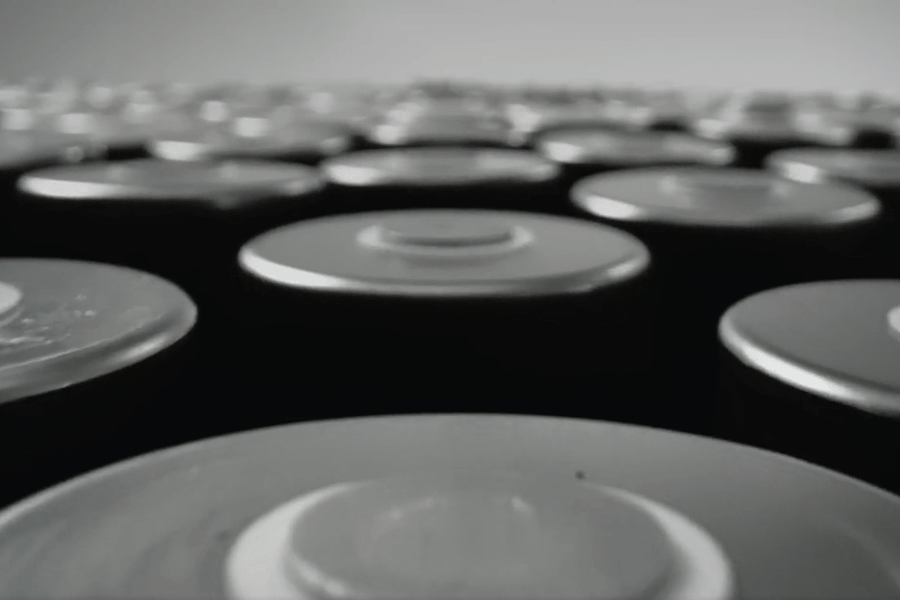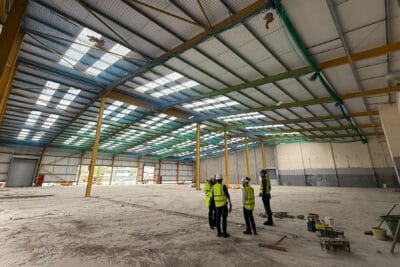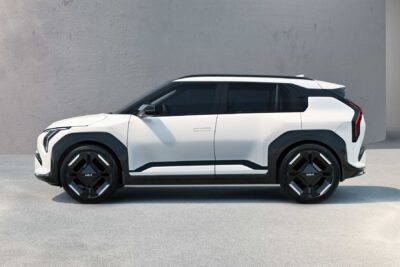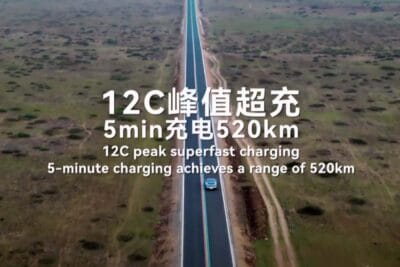Panasonic to launch 4680 battery cell production next year
Panasonic plans to start mass production of the new 4680 cells for Tesla in the course of 2023. Panasonic is expanding its plant in the Japanese prefecture of Wakayama and integrating new facilities for the mass production of these new cells.
According to the Japanese business daily Nikkei, Panasonic also expects an accelerated transition to electric vehicles due to the higher range of vehicles with 4680 batteries and has therefore decided to invest heavily in battery development.
In autumn 2021, Panasonic had unveiled a prototype of its 4680 cell for Tesla and announced plans to start test production in Japan in March 2022. At that time, however, few concrete data on the Panasonic cell were given. Even now, Nikkei remains rather vague and speaks of a range that is around 20 per cent higher. In addition, the 4680 cells are supposed to cost between ten and 20 per cent less in terms of capacity.
In September 2020, Tesla presented the 4680 battery cell, which is significantly larger and more powerful. At Tesla, the name traditionally refers to the dimensions: The diameter of the round cell is 46 millimetres, the cell is 80 millimetres long. The new cells are not only intended to improve the range and performance of electric cars, but also to be cheaper per kilowatt-hour and to significantly reduce the investment costs in their production. The 4680 cell is five times larger than the NCA battery cell currently used by Tesla.
Tesla had also announced at the time that it intended to manufacture these cells itself using equipment it had developed itself. Relatively quickly, however, the American electric car manufacturer made it clear that it would continue to purchase cells from battery cell manufacturers.
In terms of supply planning, Tesla wants to start delivering Model Ys from the new Giga Texas in the first quarter of 2022. These vehicles, unlike the Model Ys from Fremont, Shanghai and Greenheath, are expected to rely on the structural battery packs with the 4680 cells from the start. However, not only the scaling of Model Y production in Texas depends on the availability of the 4680 cells, but also the production of the Cybertruck and the Semi truck, which are also to rely on 4680 cells.





4 Comments